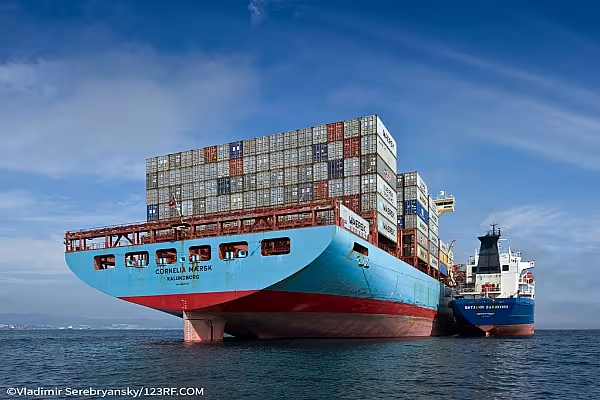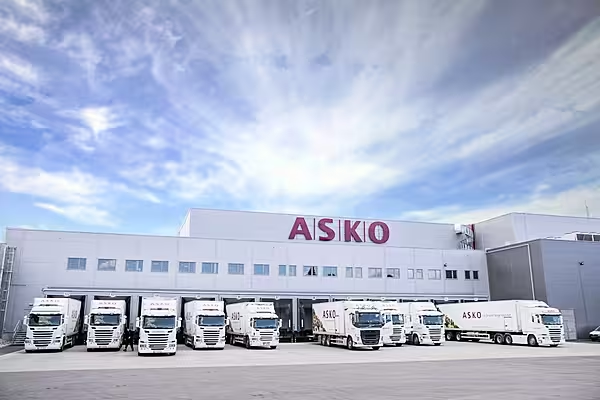The cost of shipping goods has surged 25-30% since the start of the pandemic due to array of inflationary pressures that are "unlikely to abate in the short term," container shipping company Maersk has told Reuters.
Maersk is viewed as a bellwether for global trade as it transports goods for retailers and consumer companies from Walmart and Nike to Unilever.
Higher supply chain costs have rocked the retail and packaged goods industries since the start of the COVID-19 outbreak, particularly over the past year as economies have started to recover, with logjams at key ports holding up containers of everything from food and health products to toys.
More Inflation
"I think some more inflation (will) come through in the years to come," Vincent Clerc, chief executive of Ocean and Logistics at Maersk said in an interview during the Consumer Goods Forum's Global Summit conference in Dublin.
"Logistics is very energy and labour intensive, and those are two of the areas of the economy that are subject to significant inflationary pressure."
Clerc said that while congestion is improving in some parts of the world, it is becoming worse in others -- for instance, the East Coast of the United States and in Northern Europe.
"We're talking here about the availability of truck drivers, the availability of capacity to move the goods through to the inland infrastructure," he said.
Trade Tensions
Clerc also said that since the start of "trade tensions" with China, global companies have been increasingly cutting the proportion of materials and goods they export from the country, hoping to diversify away.
"We see a tendency, certainly, towards more even distribution and a reduced reliance on one or two specific areas."
Read More: Maersk Raises Profit Guidance, Says Shipping Boom Will Stabilise In H2
News by Reuters, edited by ESM – your source for the latest supply chain news. Click subscribe to sign up to ESM: European Supermarket Magazine.











